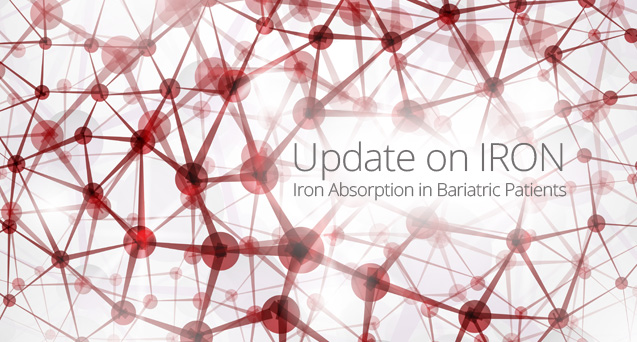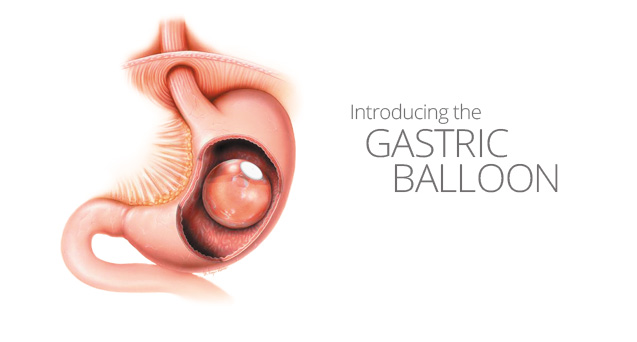Iron deficiency is extremely common. In the preoperative bariatric patient population, the incidence of anemia has been reported to be approximately 21% and Iron deficiency at 20%. These numbers are likely to be higher in the postoperative bariatric patient population. The risk of anemia is increased for female patients, and individuals who have had more rapid and significant weight loss.
More
By Aloha Surgery (m)
29 Jun, 2016
Aloha Surgery News, Bariatric Surgery, Fitness, Health Tips
Aloha Surgery, american society for metabolic and bariatric surgery, asmbs, bariatric surgery, nbc, steven fowler, the biggest loser
According to the May issue of the Connect online publication of the American Society for Metabolic and Bariatric Surgery (ASMBS) Many ‘Biggest Loser’ Contestants Leave Show with Slower Metabolisms and Regain Their Weight reports that “Everything ‘The Biggest Loser’ taught you about weight loss is wrong.”
A new study found that many contestants on “The Biggest Loser,” NBC’s long-running reality show known for its extreme weight loss measures, leave with slower metabolisms, making it that much more difficult to maintain or continue their weight loss once they leave the show. In fact, after six years, most regain a significant amount of the weight they lost.
More
By Aloha Surgery (m)
26 May, 2016
Aloha Surgery News, Bariatric Surgery, Gastric Bypass, Health Tips, News, Recommendations from Dr. Fowler, Vertical Sleeve Gastrectomy, Vitamins
Aloha Surgery, bone density study, calcium, calcium supplements, Dr. Steven Fowler, osteoporosis
Why is Calcium important after Bariatric Surgery? Your absorption of Calcium is compromised after a Gastric Bypass or Sleeve Gastrectomy There is no exact percentage of how much one’s uptake is compromised, but there are guidelines as to the amount of extra Calcium we should take to maintain adequate stores. This number has increased over the last couple years, with the current consensus recommending 1500 mg of Calcium per day.
More
By Aloha Surgery (m)
14 Apr, 2016
Aloha Surgery News, Bariatric Surgery, News, Weight Loss, Weight Loss Surgery
Aloha Surgery, bariatric surgery, Dr. Steven Fowler, gastric balloon, Laparoscopic Surgery, weight loss surgery
Dr. Steven Fowler has been the first and only program in the state of Hawaii to provide the Gastric Balloon. The first case was on March 25, 2016.
This new tool for weight loss is a temporary implanted gastric balloon. The Balloon is placed in the stomach via an endoscope procedure which takes approximately 15 minutes to perform. The Gastric Balloon is left in place for 6 months, then removed by a second endoscopic procedure. This is a temporary device that does not require surgery only mild sedation.
More
By Aloha Surgery (m)
07 Mar, 2016
Aloha Surgery News, Bariatric Surgery, Vertical Sleeve Gastrectomy
Aloha Surgery, american society for metabolic and bariatric surgery, asmbs, Dr. Steven Fowler, military medical benefits, tricare, vertical sleeve gastrectomy, veterans benefits
According to the recent article on the American Society for Metabolic and Bariatric Surgery (ASMBS) Tricare Now Covers Sleeve Gastrectomy American Society for Metabolic and Bariatric Surgery, Tricare beneficiaries with severe obesity will now be covered for sleeve gastrectomy thanks to a policy change made in December 2015 by the health care program for members of the military and their families.
More





